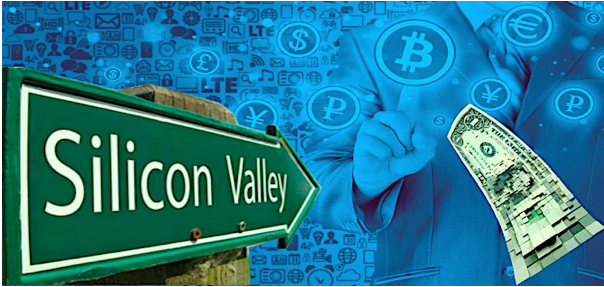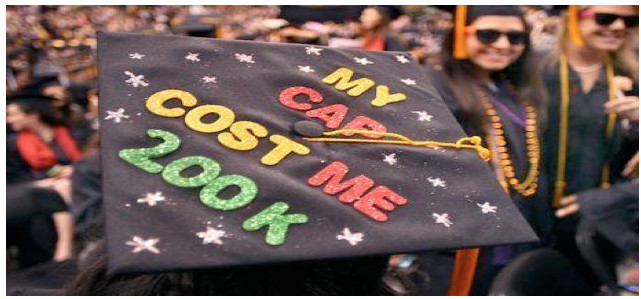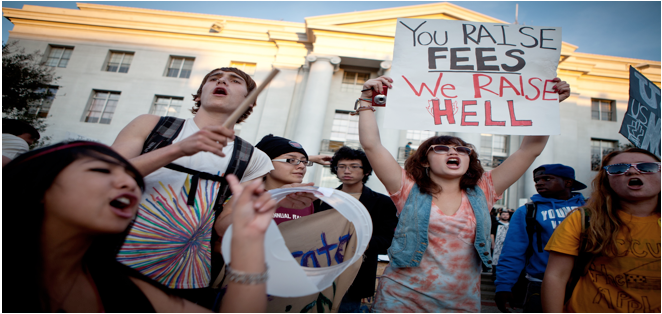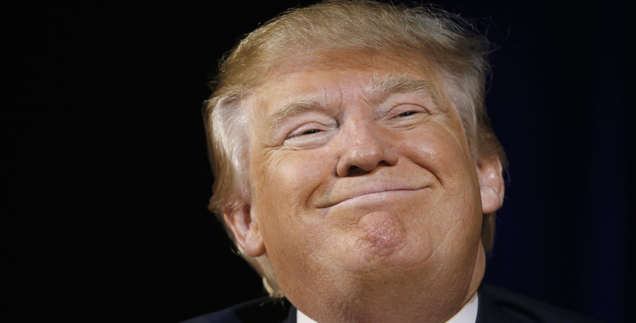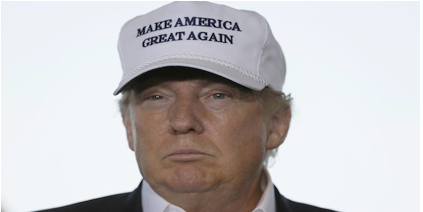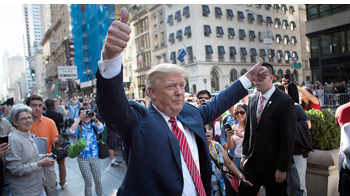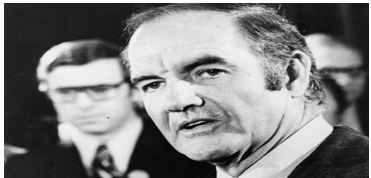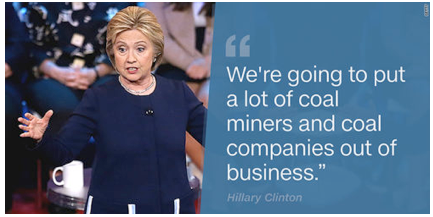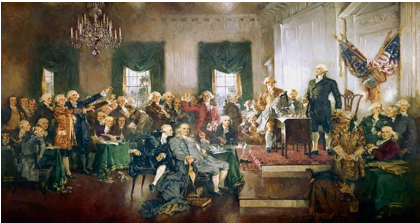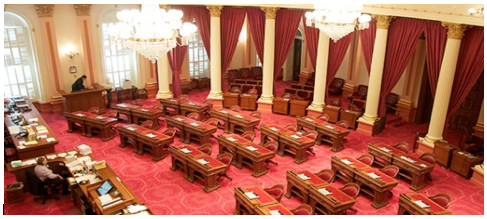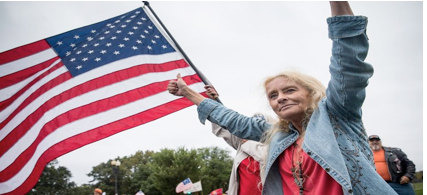Trump's Not-So-Secret Strategy: Violent Anti-Trump Protesters
POLITICS-Many political analysts have concluded that President Obama's campaign strategies in 2008 and 2012 stem from his use of, and relationship with, the media. It's not too hard to conclude that Donald J. Trump is similarly attuned to the media and what Americans want to see and hear...so whether you love, hate, respect, despise, or otherwise tolerate Trump, you have to hand it to those violent anti-Trump protestors: they will assure his electoral victory!
The intensity, ambivalence, and angst of this 2016 election make this election one for the record books, and one for the history books. Everyone has their own wistful and/or useless idea as to why this is, but my own silly $.02 is that we've had not one but two Presidents who appeared to come across as representing the Everyman but ended up enriching the powerful while threatening the economic future of Joe/Jane American.
Couple that with far-reaching decisions that stem as far back as Reagan and Clinton, and throw in some blatant shenanigans of the Democratic and Republican political leaderships ("Establishments", I believe they're called?), and you've got a LOT of Americans who feel left out of a safe, secure, and appropriate future because of a Washington/Wall Street elite that has left Americans hanging by their fingernails for years to decades.
So enter Trump, Clinton, and Sanders. Trump's most erstwhile supporters acknowledge his need to "put a sock in it" but recognize he's ALWAYS in the news, and saying things that others have been thinking (and with the potential to end "political correctness").
Clinton's most erstwhile supporters acknowledge her shady dealings and corporate ties but recognize she's got the most political experience of all the candidates (and she embodies the dreams of many American girls and women).
Sanders' most erstwhile supporters acknowledge his need to better explain how he's going to explain how he'll pay for his lofty plans to improve the lives of Americans with respect to education and health care but recognize his sincerity and pointing out the problems of our economic and political power structure.
Yet what does Trump have going for him that Clinton and Sanders don't? After all, neither he nor the other two Democratic frontrunners are spring chickens, or are all that gifted in the eloquence or charm departments. But he does have a "not so secret" weapon that is in plain sight.
And it doesn't cost Trump a penny (except, perhaps, in security costs).
Trump has those violent protestors, jumping on and attacking policemen and their police cars, and creating chaos at all his rallies from Chicago to Albuquerque to Costa Mesa.
Inasmuch as many have decried "racist overtones" of those supporting Trump--or from Trump himself--there have just have NOT been any violent, police-assaulting protestors at the Sanders or Clinton rallies.
Many have wondered and hypothesized as to the origin of these violent protestors--and even former GOP competitor and opponent Marco Rubio has decried these protestors. Rubio has in part blamed Trump for stirring up the pot, and promoting violence, but he's pointed out that the protestors pose a problem.
But they also will probably get enough independent, fed-up-with-all-the-candidates-and-political-shenanigans Americans to vote for Trump. After all, if these violent lovelies attack Trump and his followers (including those who are doing nothing more than wearing a T-shirt or holding a sign), then there will be plenty who conclude, "They're jerks, they're protesting Trump, so it seems that I should therefore vote for the one they're protesting."
The origins and background and stories behind these protestors, who appear to be organized, funded, and backed by any number of sordid, shady entities and who have also created some of the more violent protests of the Black Lives Matter Movement, is anyone's guess.
George Soros? The American Communist Party? Hillary Clinton? The Tooth Fairy's evil twin?
Perhaps it's a reminder that inasmuch as we all have been trained to fear the Radical Right, it's possible that the Radical Left is by far the greatest threat to us at this time in our history. After all, the hideously-failed dream of Venezuela has really thrown the dangers of socialism into the spotlight.
And, of course, while most Americans have rightfully learned to despise Wall Street, it's either the European or American excesses of socialism that have--under all sorts of guises of compassion, diversity, and inclusion--denied ordinary, hard-working, and honest citizens the opportunity to succeed while further empowering the already-empowered.
But regardless of who is protesting, and regardless of why most Americans are so angry, there are two points that it's hoped we can all agree upon:
1) We're all angry, we're rightfully angry, and if you're not angry you're not paying attention to the misery of your neighbors...and it will try our souls to debate and organize without descending into violence.
2) If you DO give in to your lesser natures and descend into violence, you've just handed your opponent the ultimate weapon to use against you.
And, at this time, perhaps not of his creation but certainly with his media-savvy knowledge and awareness, Trump's opponents who choose the path of violence will certainly put him over the top to victory come this November.
(Ken Alpern is a Westside Village Zone Director and Board member of the Mar Vista Community Council (MVCC), previously co-chaired its Planning and Outreach Committees, and currently is Co-Chair of its MVCC Transportation/Infrastructure Committee. He is co-chair of the CD11Transportation Advisory Committee and chairs the nonprofit Transit Coalition, and can be reached at [email protected]. He also co-chairs the grassroots Friends of the Green Line at www.fogl.us. The views expressed in this article are solely those of Mr. Alpern.)
-cw



